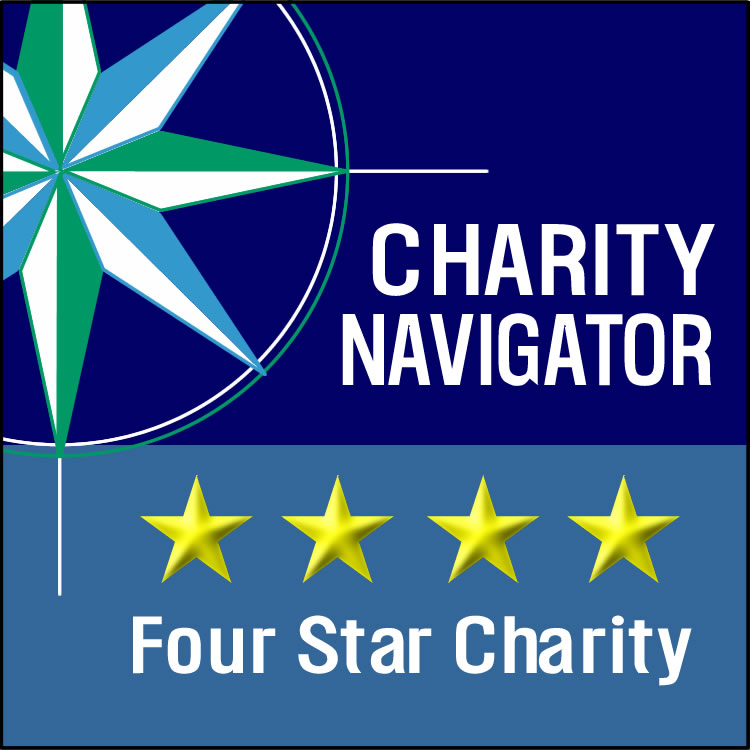Study on Retinopathy of Prematurity
 One of the challenges that premature babies face involves the eyes. A condition called retinopathy of prematurity (ROP) is an eye disorder that is one of the leading causes of blindness in children. However, treatment can prevent blindness in premature babies.
One of the challenges that premature babies face involves the eyes. A condition called retinopathy of prematurity (ROP) is an eye disorder that is one of the leading causes of blindness in children. However, treatment can prevent blindness in premature babies. A study conducted by the Pediatric Eye Disease Investigator Group (PEDIG) and supported by the National Eye Institute (NEI), part of the National Institutes of Health, showed that a lower dose of a drug used to treat ROP could be more effective in preventing infant blindness. The drug is called Avastin (bevacizumab). The findings were published in JAMA Ophthalmology.
"In the current study, we found that 0.004 mg of Avastin – a dose that's merely 0.6% of the dose used in the 2011 study of Avastin for ROP – may be the lower limit to be effective for most infants with ROP," said the new study's protocol chair, David Wallace, M.D., MPH, chair of ophthalmology at the Indiana University School of Medicine. The findings set the stage for a randomized controlled trial comparing long-term effects of low-dose Avastin with laser therapy for treating ROP."
SDCB can help Southern Californians living with blindness lead more independent lives; please contact us to learn more.
Very low-dose Avastin effective for preventing blindness in preterm infants



